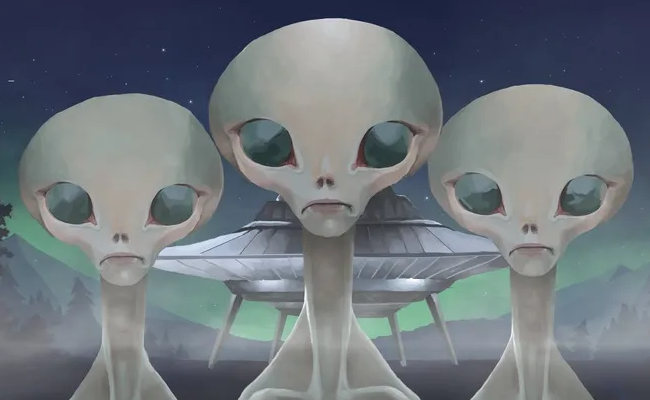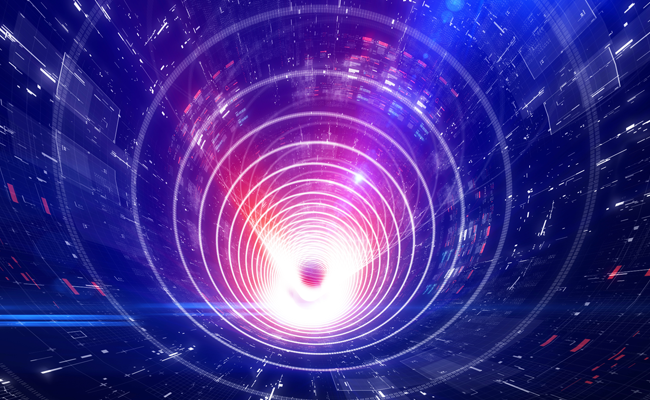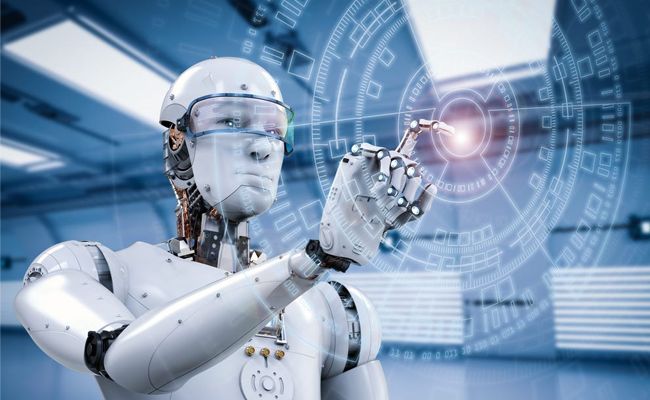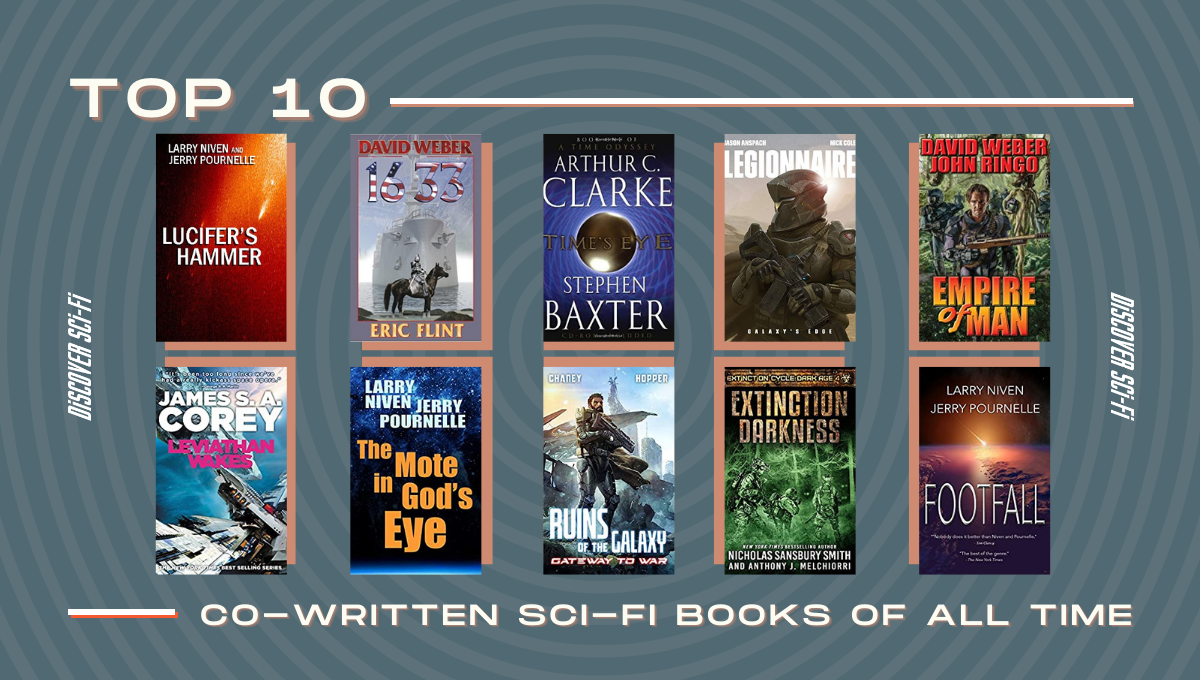The Martian Chronicles: Exploring Humanity’s Relationship with Mars
The Martian Chronicles is a science fiction classic written by Ray Bradbury. The novel is a collection of short stories that explore the colonization of Mars and the impact that humans have on the Martian environment and its native inhabitants. In this article, we will explore the themes of The Martian Chronicles and the ways in which they reflect humanity’s relationship with Mars.
The Exploration and Colonization of Mars
The Martian Chronicles is set in the future, when humanity has developed the technology to travel to Mars and establish colonies on the red planet. The novel explores the motivations behind human exploration and colonization, which are often driven by the desire for power and resources.
In the novel, humans view Mars as a blank slate, a place to be conquered and transformed into a new Earth. They bring their own culture and values with them, imposing them on the Martian environment and its native inhabitants. This colonizing mindset leads to conflicts with the Martians, who have their own way of life and do not welcome the intrusion of humans.
The Impact of Humans on the Martian Environment
As humans begin to colonize Mars, they begin to transform the planet in their own image. They build cities and highways, bringing with them pollution and environmental destruction. The Martians are forced to adapt to these changes or risk extinction.
The novel explores the impact of humans on the Martian environment and the consequences of their actions. Bradbury paints a picture of a world that is slowly dying, as the natural resources are depleted and the ecosystem is disrupted. The novel serves as a warning about the dangers of unchecked industrialization and environmental degradation.
The Treatment of the Martian Natives
The Martian Chronicles also explores the treatment of the native inhabitants of Mars, the Martians. The humans view the Martians as primitive and inferior, and they attempt to impose their own culture and way of life on them.
The Martians are depicted as a peaceful and harmonious society, in tune with their environment and each other. They possess advanced technology and wisdom, which the humans fail to recognize or appreciate. The humans view the Martians as obstacles to their colonization efforts, and they treat them with disdain and violence.
The novel raises important questions about the treatment of indigenous peoples and the consequences of cultural imperialism. It highlights the destructive impact that humans can have on other cultures and the importance of respecting and preserving diversity.
The Search for Identity
One of the underlying themes of The Martian Chronicles is the search for identity. The humans who travel to Mars are searching for a new start, a place to reinvent themselves and leave behind the problems of Earth. However, they bring their own personal demons with them, and they struggle to find meaning and purpose in their new lives.
The novel explores the search for identity in a world that is constantly changing and evolving. The characters must confront their own mortality and their place in the universe, as they confront the harsh realities of life on Mars.
Conclusion
The Martian Chronicles is a thought-provoking and insightful exploration of humanity’s relationship with Mars. The novel raises important questions about the impact of colonization and environmental destruction, the treatment of indigenous peoples, and the search for identity in a rapidly changing world.
As we continue to explore and study Mars, it is important to consider the lessons of The Martian Chronicles. We must approach the exploration and colonization of Mars with a sense of humility and respect for the planet and its native inhabitants. We must strive to preserve and protect the environment, while also promoting diversity and understanding.
The Martian Chronicles is a reminder that our relationship with Mars, and the wider universe, is complex and multifaceted. It is up to us to ensure that our actions reflect our values, and that we work to build a future that is sustainable and just for all.
![]()





